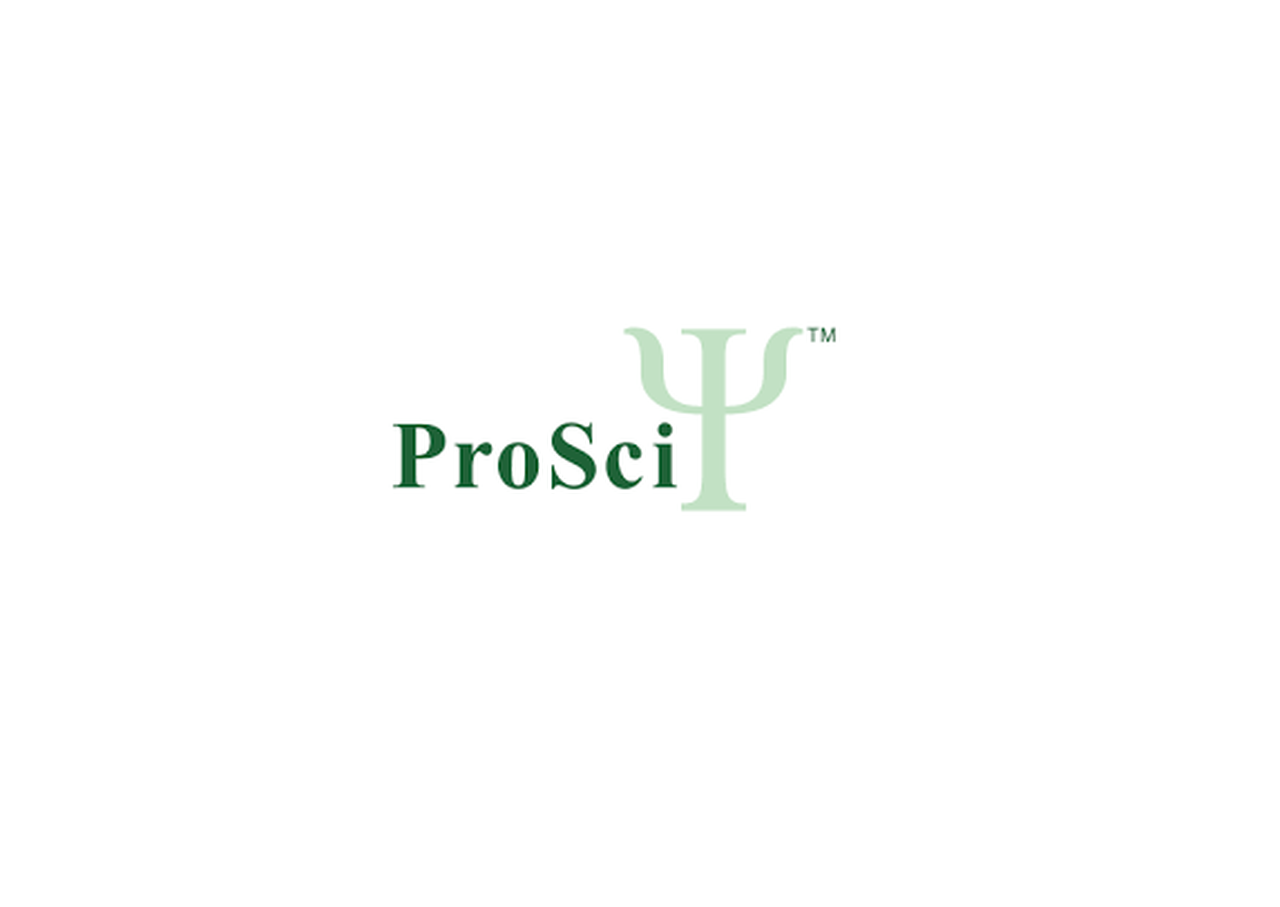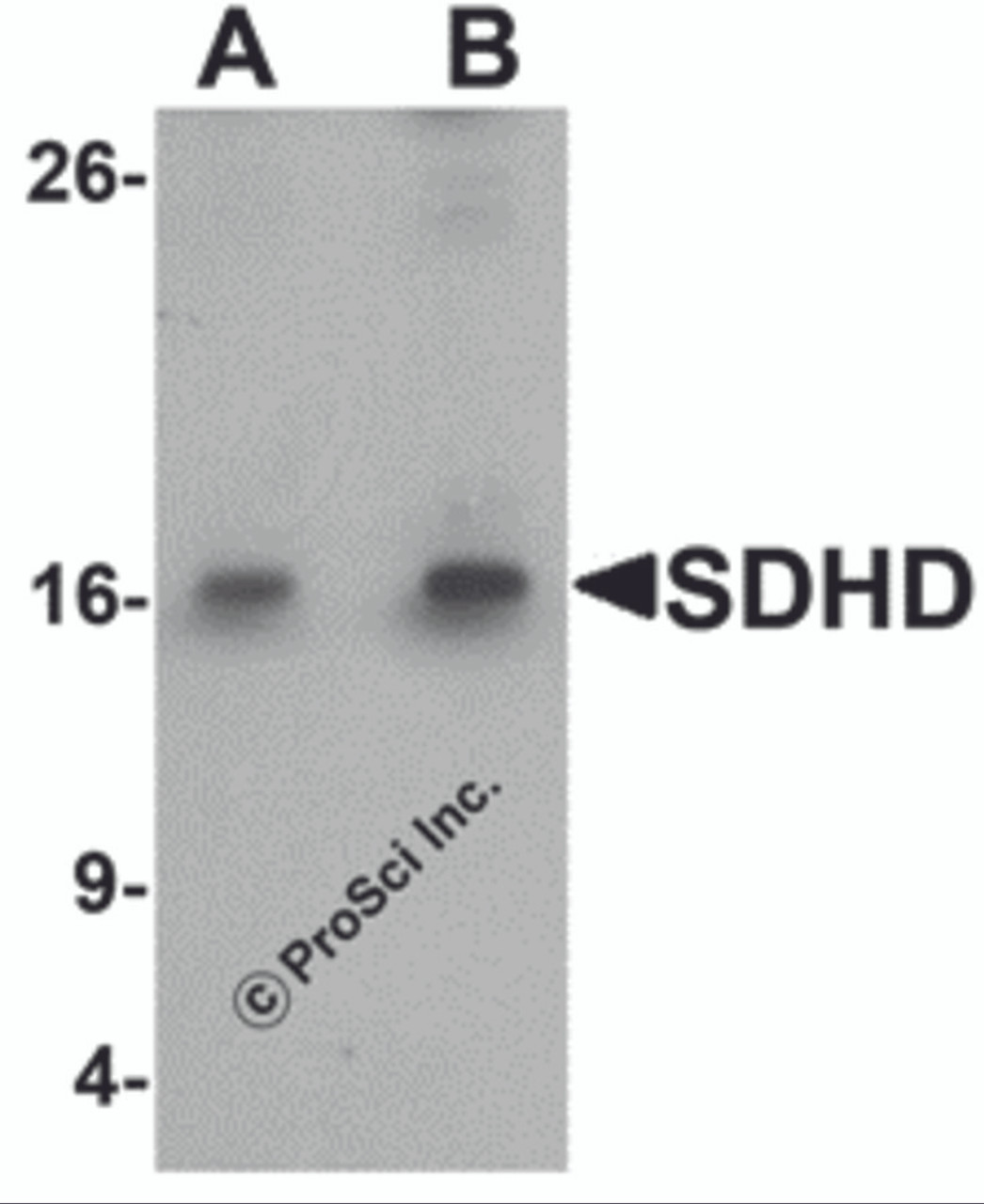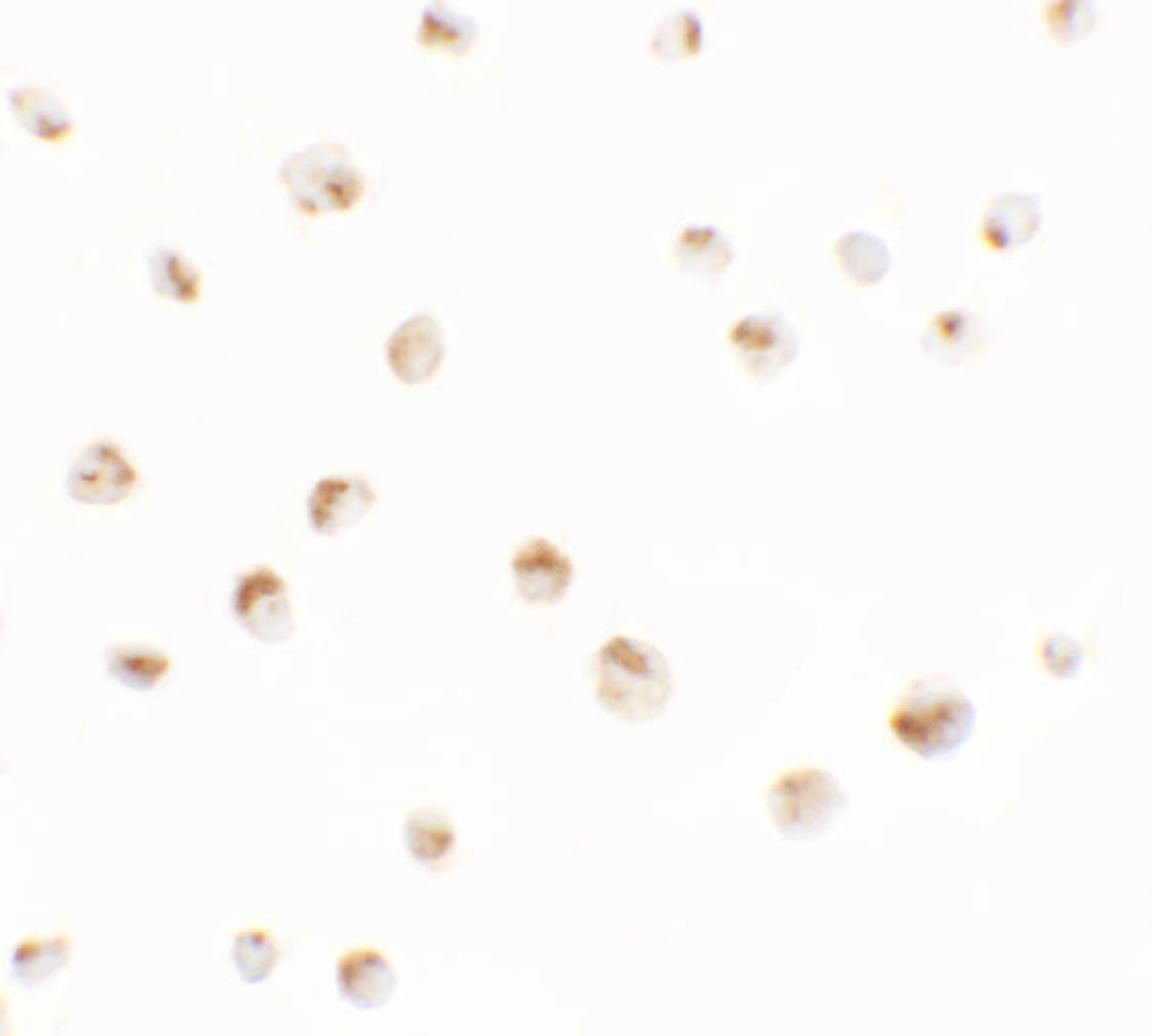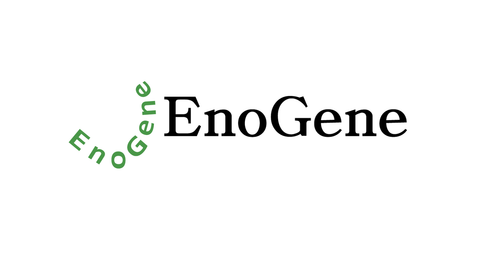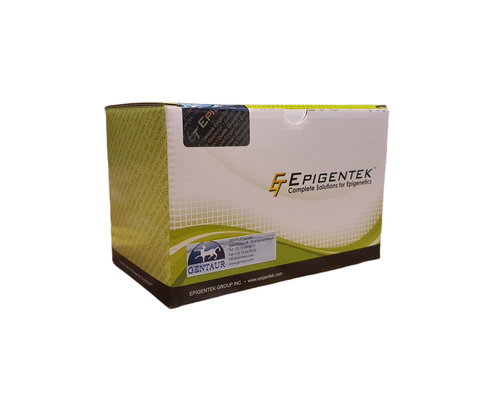Product Description
SDHD Antibody | 6847 | ProSci
Host: Rabbit
Reactivity: Human, Mouse, Rat
Homology: Predicted species reactivity based on immunogen sequence: Bovine: (100%) , Sheep: (100%) , Pig: (80%)
Immunogen: SDHD antibody was raised against a 15 amino acid synthetic peptide near the center of human SDHD.
The immunogen is located within amino acids 30 - 80 of SDHD.
Research Area: Cancer, Cell Cycle
Tested Application: E, WB, ICC, IF
Application: SDHD antibody can be used for detection of SDHD by Western blot at 1 - 2 μg/mL. Antibody can also be used for immunocytochemistry starting at 2.5 μg/mL. For immunofluorescence start at 2.5 μg/mL.
Antibody validated: Western Blot in mouse samples; Immunocytochemistry in mouse samples and Immunofluorescence in mouse samples. All other applications and species not yet tested.
Specificiy: At least four isoforms of SDHD are known to exist; this antibody will detect the two longest isoforms.
Positive Control 1: Cat. No. 1287 - EL4 Cell Lysate
Positive Control 2: Cat. No. 17-207 - EL4 Cell Slide
Positive Control 3: N/A
Positive Control 4: N/A
Positive Control 5: N/A
Positive Control 6: N/A
Molecular Weight: N/A
Validation: N/A
Isoform: N/A
Purification: SDHD Antibody is affinity chromatography purified via peptide column.
Clonality: Polyclonal
Clone: N/A
Isotype: IgG
Conjugate: Unconjugated
Physical State: Liquid
Buffer: SDHD Antibody is supplied in PBS containing 0.02% sodium azide.
Concentration: 1 mg/mL
Storage Condition: SDHD antibody can be stored at 4˚C for three months and -20˚C, stable for up to one year. As with all antibodies care should be taken to avoid repeated freeze thaw cycles. Antibodies should not be exposed to prolonged high temperatures.
Alternate Name: SDHD Antibody: TRAP1, TRAP-1, SDH4, CII-4, CybS
User Note: Optimal dilutions for each application to be determined by the researcher.
BACKGROUND: SDHD Antibody: The mitochondrial succinate dehydrogenase complex subunit D (SDHD) is one of four proteins that make up the tricarboxylic cycle enzyme succinate dehydrogenase (SCH) . Studies have shown that mutations in SDHD often leads to hereditary paragangliomas, usually benign tumors of the autonomic nervous system, suggesting that SDHD also plays a role as a tumor-suppressor gene. In one family with a nonsense mutation (R22X) in the SDHD gene, a loss of heterozygosity was found in the paragangliomas, and within these tumors the enzymatic activity of Complex II in the mitochondrial respiratory chain was completely abolished. Furthermore, high levels of angiogenic factors EPAS1 and VEGF was observed, which may stimulate tumor growth.
 Euro
Euro
 USD
USD
 British Pound
British Pound
 NULL
NULL

